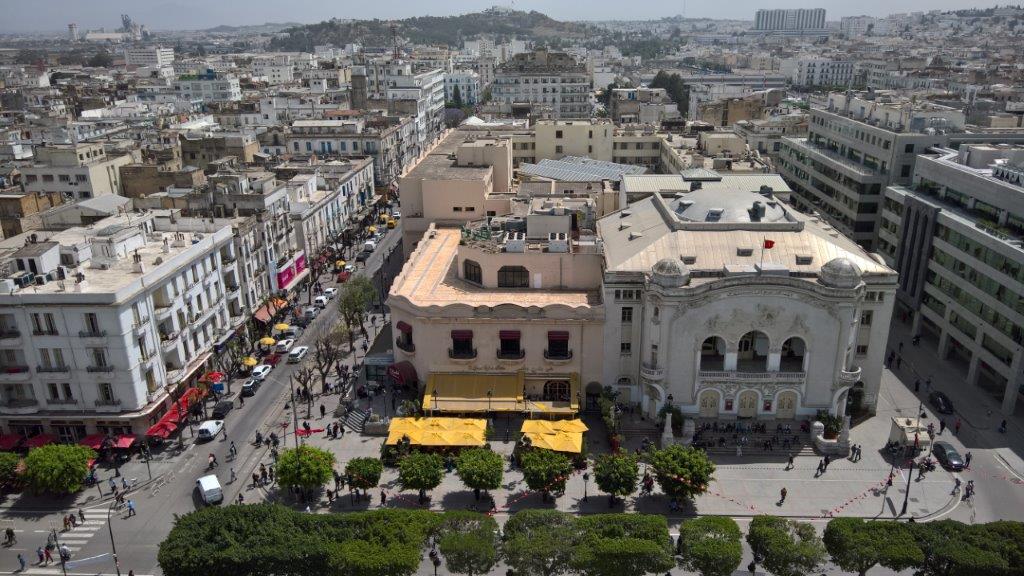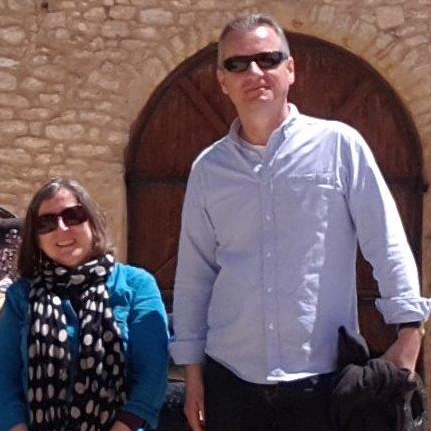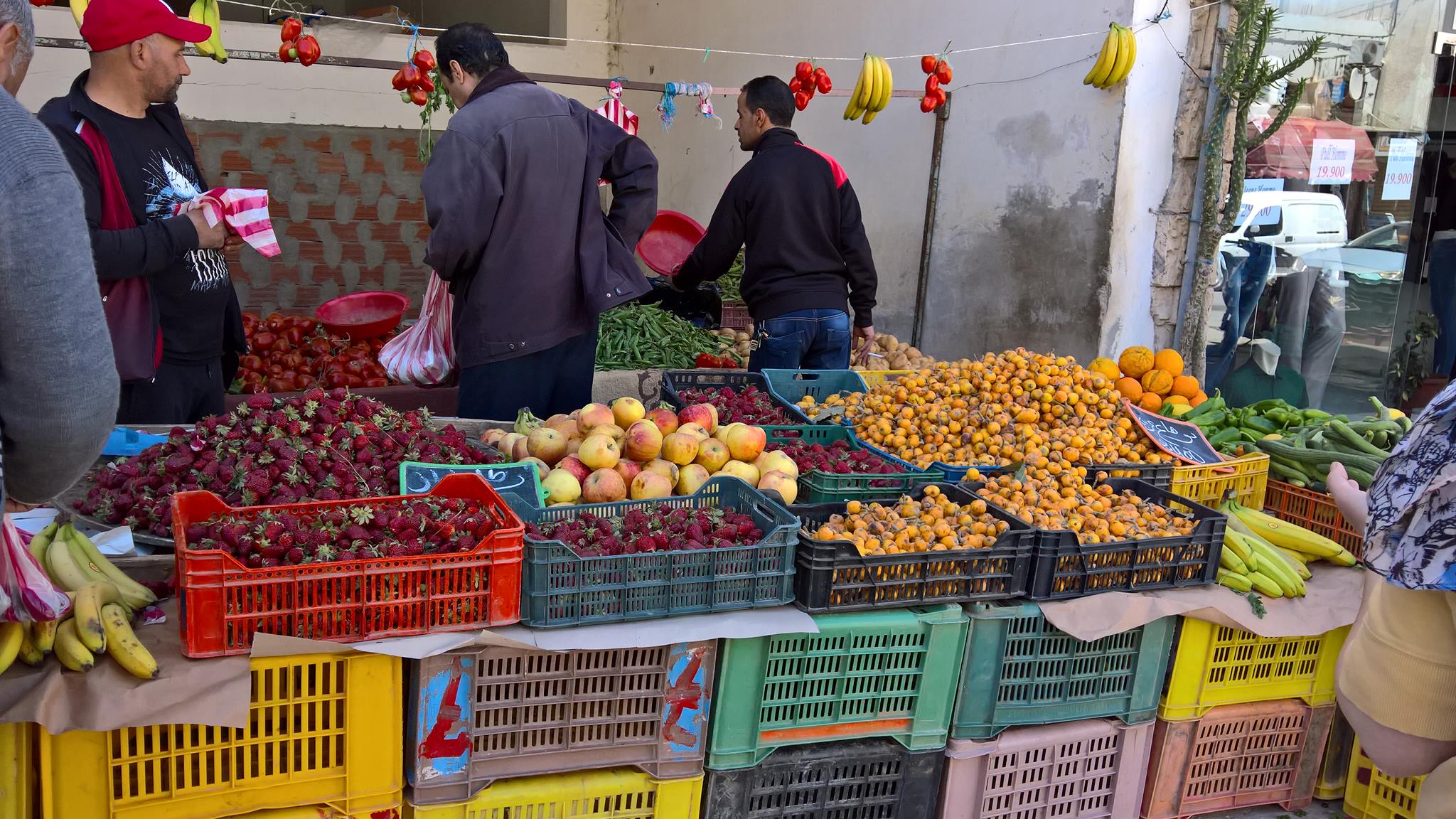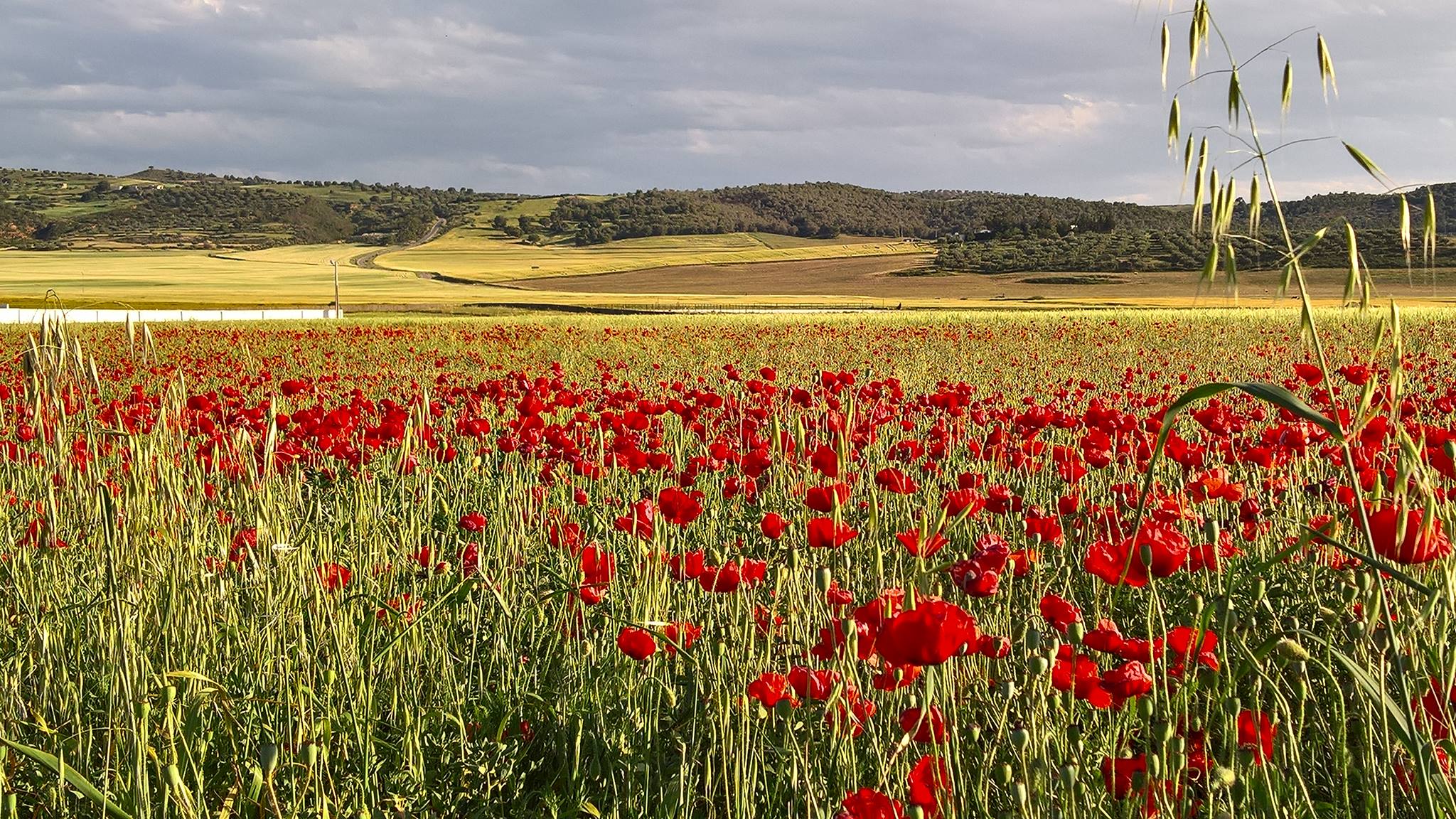Tunisia: life after Sousse
BMS World Mission is helping to develop health services for the dying and disabled in post Arab Spring, post terror attacks Tunisia

Put Tunisia in a search engine and one of the first things you are likely to see is advice against all but essential travel to the North African country.
The 2015 terrorist attacks, most notably in the beach resort of Sousse where 39 people lost their lives (30 of whom were British), have made Tunisia a no-go zone for tourists. But BMS Director for Mission Peter Dunn, who visited the country last week, feels that the attacks Tunisia in an unfair light, and in particular, given an unfair impression of Tunisians.
“Tunisia in many ways is the country that went through the experience of the Arab Spring and came out relatively peaceably at the end of it,” says Peter. “When that atrocity [Sousse] was happening, local unarmed people were trying to disarm the shooter. Tunisian people as a whole feel ashamed and would say, ‘This is not our people – we are a peaceful people.’”
Peter, together with Philip Halliday, BMS Team Leader for Europe, the Middle East and North Africa, were in Tunisia last week to be updated on the work that BMS workers are doing in the country. No BMS personnel left Tunisia following the terrorist attacks, but rather re-dedicated themselves to helping transform the provision of palliative care and support for Tunisians with disabilities and their families.

Both of these areas have been neglected in the past, often for cultural reasons. Having a disability can be a huge challenge for someone in a Middle Eastern country like Tunisia. “If people are disabled, there can be a view that they are disabled because of some wrongdoing in the life of their family… or because of some wrong or sin in their life,” Peter says. “People with disabilities can therefore almost have that shame upon themselves.”
BMS has been supporting special needs education in Tunisia since 2002 and over the last four years has been involved in a programme to promote social, economic and educational inclusion for people with disabilities and to develop the quality and opportunities for community-based care. This has included training for educators and families of people with disabilities. A mother of a disabled child felt incredibly encouraged after attending a seminar on self-advocacy, the practice of encouraging those with disabilities to speak for themselves and control their own affairs, rather than others automatically assuming responsibility for them.

“The seminar has been very useful. I have changed my attitude,” she says. “I have started again to use the hearing aid, glasses and prosthesis for my child. The seminar has helped me to not stop hoping, and to work on what is working – my child’s abilities.”
An educator of disabled children who also received training from BMS and our partner organisation felt a lot more confident about teaching her group. “She finally felt like she knew how to come up with new objectives for her lessons and her expectations of her students had significantly increased and had seen results,” Silas, Sector Co-ordinator of the Disability programme, said in his report on the project.
As with disabilities, palliative care is helping to change attitudes in Tunisia, says Peter, thanks in part to the work of BMS. “Very often people when they’re dying are simply left to die,” he says. “Palliative care journeys with them and their wider family at a time of real stress and strain, enabling them to preserve their dignity, be that in a home or hospital setting.”
Until the end of 2015, BMS worker Louise* was one of the team building up the provision of palliative care in Tunisia. “When you are dying and you don’t have enough medication to control pain, you are living in poverty where there are no windows in your house, and there is no running water, life is so much more difficult,” Louise says. “People should not be dying in pain. Palliative care is incredibly important.”

The emphasis of the BMS team is on making professionals and families more aware of the benefits of palliative care to those that are dying and providing training to enable a better quality of service for palliative care patients.
Whether terror or tourists will return to Tunisia is not certain, but BMS is as dedicated to improving the lives of ordinary Tunisians, as it is to transforming lives around the world.
Donate now to support the work of BMS in Tunisia and around the world.
*Name changed
This article first appeared on the website of BMS World Mission and is used with permission.
BMS World Mission, 12/05/2016